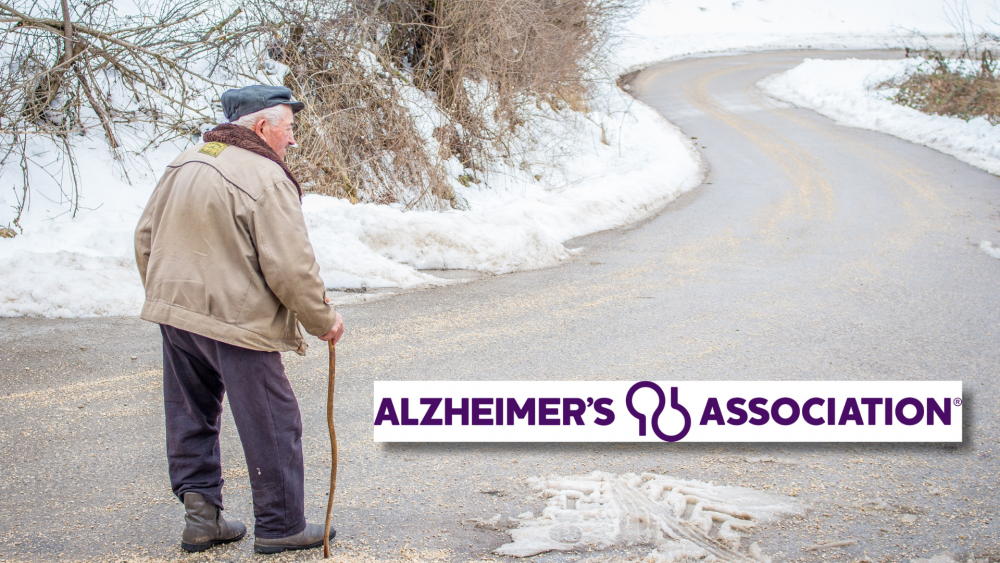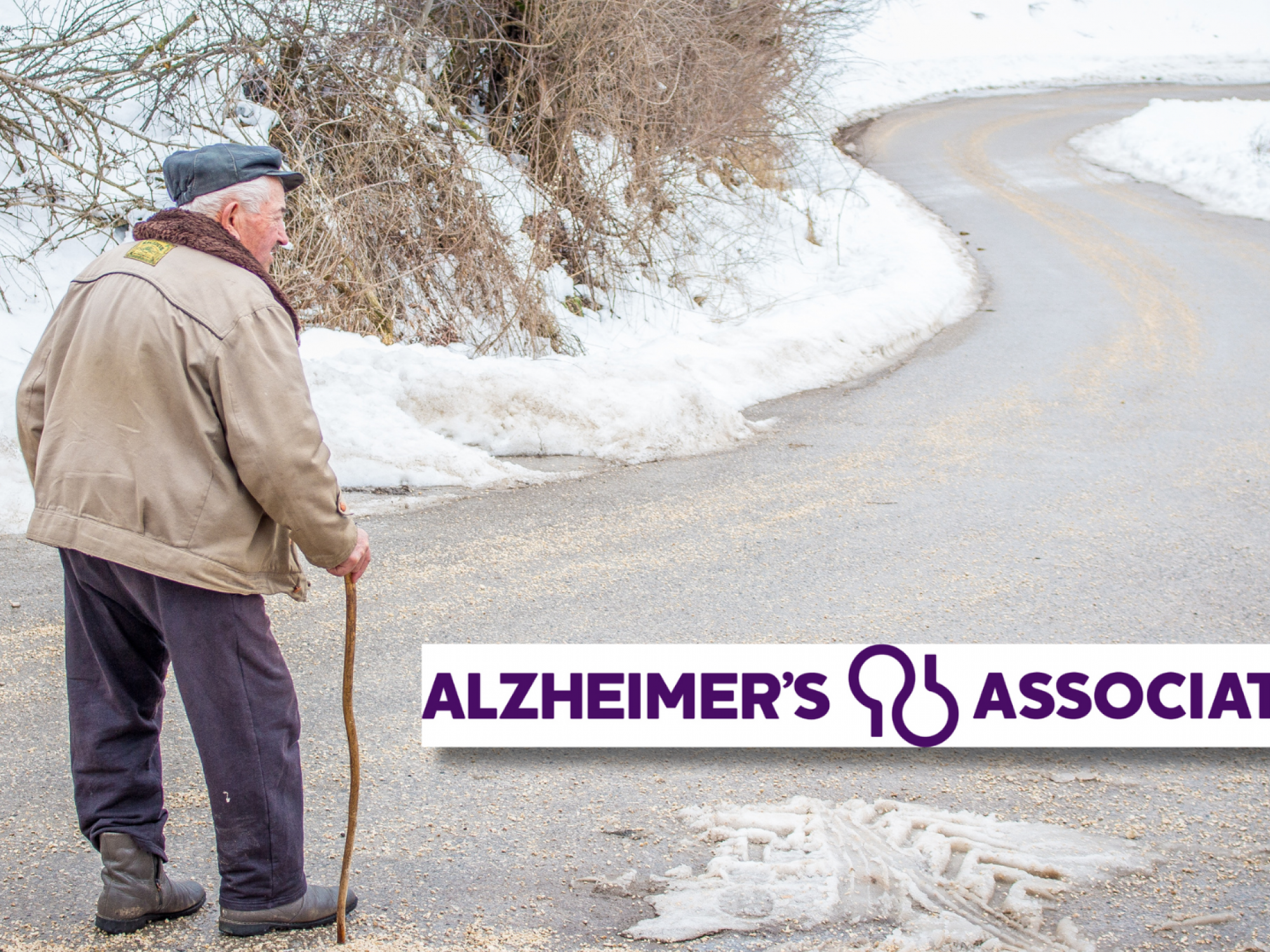
By Claire Corwin, LMSW
Alzheimer’s Association WNY
Winter weather conditions like freezing temperatures, snow, ice and early darkness can be challenging and stressful for people living with dementia and their care partners.
By preparing ourselves and homes in advance, caregivers can make a big difference in keeping their loved one with Alzheimer’s or dementia safe not just during winter, but throughout the year. Some safety tips for navigating the winter season as an Alzheimer’s or dementia caregiver include:
Be prepared. As we know, winter storms can be dangerous. Check weather conditions regularly and have contingency plans in place. If a snowstorm is on the horizon, consider rescheduling appointments that are not urgent. Tackle to-do lists in one trip to avoid making multiple trips out of the house.
- Bundle up. Help the person living with Alzheimer’s dress warmly for winter weather conditions by covering exposed skin. A good option to consider is wearing several layers of lightweight clothing for easy movement.
- Prevent slips. Balance and mobility can be a challenge for a person living with Alzheimer’s or dementia, so assume all surfaces are slick. Assist the person living with dementia by wearing sturdy shoes and walking slowly when outside. Perception problems can also make it difficult for the person living with Alzheimer’s or dementia to see ice on sidewalks or realize that ice is slippery or that snow is not a solid surface. Keep sidewalks and driveways clear and utilize handrails or walk arm-in-arm. Consider acquiring a state-issued Handicapped placard to enable closer access to the door of buildings.
- Prevent wandering. Wandering is one of the most frequent and challenging problems that caregivers face and can be extremely dangerous in colder conditions. While the term ‘wandering’ may suggest aimless movement, individuals who wander have a destination and a purpose. If a family member does wander, start by searching the immediate vicinity, including “less-traveled” areas in your home. Outside the home, search the yard and nearby surroundings. Most people who wander are found within a half mile of their homes or starting location. If the person is not located quickly, call 911 to have first responders assist in the search - in winter weather, a missing vulnerable adult is an emergency. Ensure a swift response by alerting the police that the individual has Alzheimer’s disease so they can be approached appropriately. Consider installing a doorbell camera or other outdoor monitoring device to quickly know what the person was wearing and in what direction they are moving.
- Make daylight last. Winter months bring decreased sunlight and shorter days. Visual perception can be a challenge for those living with Alzheimer’s or other dementias, and can cause increased confusion or disorientation in dark or shadowy environments both inside and out. Turn on indoor lights earlier or install timers, open curtains during daylight hours, and consider installing motion detector lights to help illuminate walkways around the home as darkness may fall before arriving home from an outing.
Alzheimer's Association
The Alzheimer's Association leads the way to end Alzheimer's and all other dementia — by accelerating global research, driving risk reduction and early detection, and maximizing quality care and support. Our vision is a world without Alzheimer's and all other dementia.™ For more information, visit alz.org or call the 24/7 Helpline at 800.272.3900.







